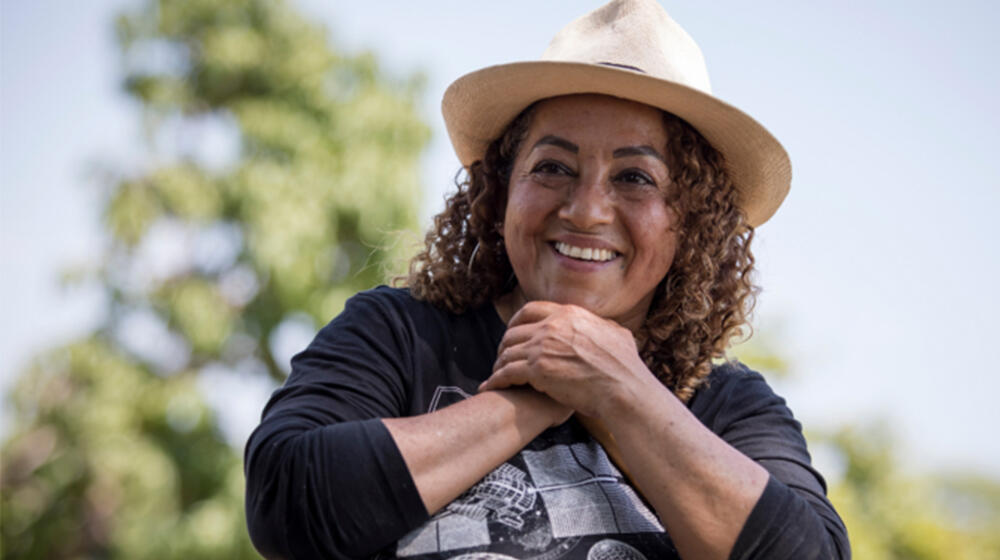The enslavement of Africans during the Transatlantic Slave Trade tore millions of people away from their families, deprived them of their human rights and left trauma spanning generations. The racist legacy reverberates today in harmful prejudices and beliefs that continue to impact people of African descent across the world.
The theme for the international day this year is “Fighting Slavery’s Legacy of Racism Through Transformative Education.” With a goal to help people see the world through an ethical lens and change the status quo, transformative education is essential to the work of teaching and learning about slavery in order to end racism and injustice, and to build inclusive societies based on dignity and human rights.
The United Nations General Assembly will hold a meeting to commemorate the day on 27 March, with expected speakers including the Secretary-General, the President of the General Assembly, Member States, and keynote speaker Djamila Ribeiro, an award-winning Brazilian philosopher and journalist who uses the power of education to fight discrimination against people of African descent in Brazil. You can learn more about the event on this UN calendar.
In addition, currently on display at the UN headquarters, the exhibition “Slavery: Ten True Stories of Dutch Colonial Slavery” focuses on slavery in the Dutch colonial era in Brazil, Suriname and the Caribbean, as well as in South Africa, Asia and the Netherlands. Originally displayed in 2021 by Amsterdam’s Rijksmuseum, the national museum of art and history in the Netherlands, the exhibit presents the true personal stories of people who were enslaved, people who profited from the system of slavery, and people who raised their voices against it. The free exhibit is on display in the UN lobby until 30 March, culminating with an expert meeting. You can learn more about the exhibition and symposium here, and you can see an online version of the exhibit here.
In a world battered by a global pandemic, when inequities have emerged from the shadows of ignorance and complacency, and when discrimination and hate speech are a plague of their own, we must not let down our guard in dismantling racism and prejudice. Our challenge, our legacy, is a world free of both.
Harnessing years of thought leadership and experience in programming for the needs of the most marginalized and disadvantaged, UNFPA continues to work toward advancing equity and social justice for people of African descent, and toward the fulfillment of human rights and dignity for all.
Photo above: The Ark of Return is a Permanent Memorial to Honour the Victims of Slavery and the Transatlantic Slave Trade. Designed by American architect Rodney Leon, it was unveiled at the United Nations in New York on 25 March 2015 and stands as a reminder that the legacies of slavery – including racism and inequality – continue to affect us.




